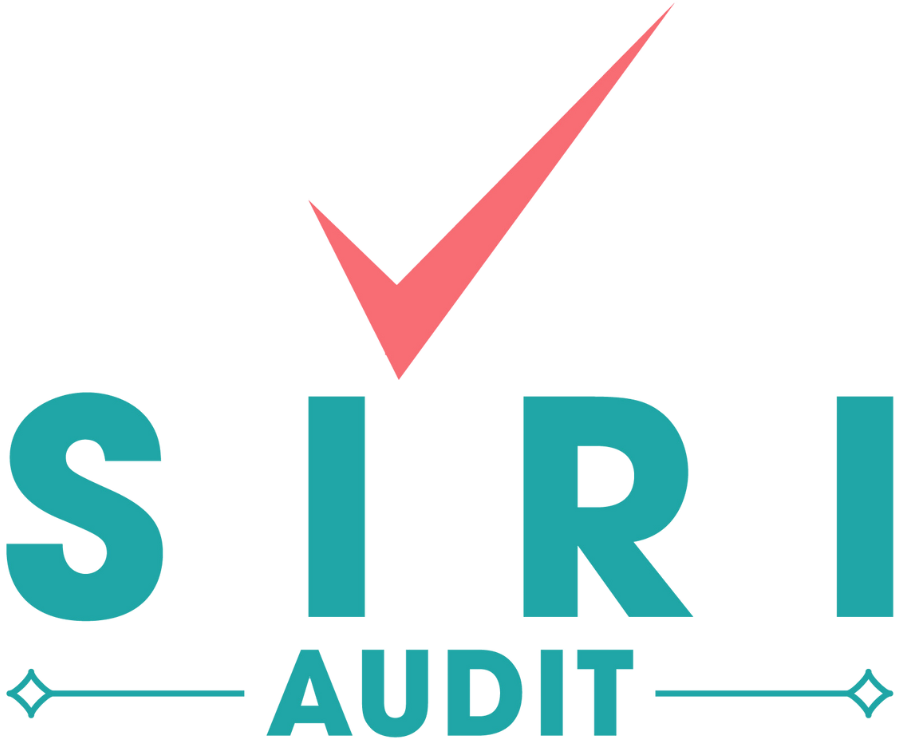Navigating the New Era of Thai Taxes: A Professional Guide for Foreigners in Phuket

Phuket is more than a paradise; it’s a dynamic hub for business, attracting entrepreneurs and professionals from around the globe. As our island grows, so does the need for financial clarity and sustainable business practices. The Thai Revenue Department has recently clarified regulations regarding foreign-sourced income, a change that directly impacts every foreigner living and working here.
At Siri Audit, our mission is to empower Phuket’s business community to thrive with integrity. We believe that understanding and complying with tax obligations is the cornerstone of sustainable growth—not just for your business, but for the future of our beloved island. This guide, based on the latest directives from the Thai Revenue Department, is designed to provide you with the professional clarity you need to navigate these changes confidently.

The Core Principle: Understanding Your Taxable Income
Under Section 41 of the Thai Revenue Code, the basis for personal income tax for foreigners is determined by two key factors: the source of the income and your residency status.
1. Thai-Sourced Income
This is straightforward. Any income you earn from sources within Thailand is subject to Thai income tax. This includes salary from work performed in Thailand, income from a business operated in Thailand, or revenue from an asset located in Thailand. It doesn’t matter if the payment is made to your bank account in Thailand or overseas; if the work was done here, it’s taxable here.
2. Foreign-Sourced Income: The Critical Change
This is where the rules have been significantly clarified. Income earned from sources outside of Thailand is now subject to Thai income tax, but only if two specific conditions are met.
- Condition 1: Tax Residency. You must be a tax resident of Thailand, meaning you have stayed in the country for 180 days or more within a single tax (calendar) year. This is assessed in the year the income is earned, not when it’s brought in.
- Condition 2: Remittance. You must bring that foreign-earned income into Thailand.
The Key Date: January 1, 2024 This new interpretation applies to any foreign income earned on or after January 1, 2024.
This leads to two crucial exemptions for income earned before this date:
- CASE 1: Pre-2024 Income. Any foreign-sourced income you earned before January 1, 2024, is not subject to Thai tax, even if you bring it into Thailand now or in the future.
-
CASE 2: Non-Resident Status. If you live in Thailand for less than 180 days in a tax year, you are not a tax resident. Therefore, any foreign-sourced income you earn during that year is not subject to Thai tax, even if you remit it to Thailand.
From Theory to Practice: Filing and Foreign Tax Credits
Understanding the rules is the first step. The second is proper implementation.
Tax Return Filing
Foreigners are required to report all their taxable income on the Personal Income Tax Return forms (P.N.D. 90 or P.N.D. 91). Your total taxable income will be the combined amount of your Thai-sourced income for the year and any taxable foreign-sourced income that you remitted to Thailand during that same year. If you only bring in a portion of your foreign income, only that portion is taxed.
Avoiding Double Taxation: The Power of DTAs
A common concern is being taxed twice—once in the country where the income was earned, and again in Thailand. Fortunately, Thailand has Double Tax Agreements (DTAs) with many countries to prevent this. If you have already paid tax on your foreign-sourced income abroad, you can claim a foreign tax credit against your Thai tax liability. This ensures you are not taxed twice on the same income. However, the credit amount cannot be more than the Thai tax you would have owed on that income. To claim this credit, you must provide clear evidence, such as a Tax Payment Certificate from the foreign tax authority. All supporting documents must be in Thai or English.
Why Choose Siri Audit
Siri Audit is founded on these principles. Led by Ms. Yaowaluck Siriwattananukul, a dedicated professional with deep roots in Phuket, our firm provides the authoritative guidance you need to build a secure and sustainable financial future.
Our Expertise is Your Peace of Mind:
-
Bachelor of Accounting, Thammasat University
-
Master of Business Administration (Finance), NIDA
-
Certified Public Accountant, Thailand (CPA)
-
Internal Audit Certificate Program (IACP)
-
Certificate of Tax Accountant
-
ASEAN CPA
We are not just accountants; we are your strategic partners, committed to the prosperity of Phuket. Our purpose is to ensure that your business not only complies with the law but is structured for long-term, sustainable growth. By ensuring your taxes are handled correctly, you are not only securing your business but also investing directly in the community we all call home.
The rules are clear, but their application to your unique situation requires a professional touch. Don’t leave your financial future to chance.
Build Right. Grow Strong. For Phuket.
Contact Siri Audit today for a professional consultation on how these new tax regulations affect you. Phone: +66 (0)76-609399 | +66 (0)92-424-1798 | Email: info@siriaudit.com
